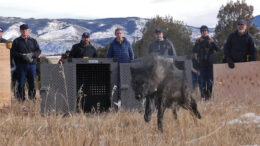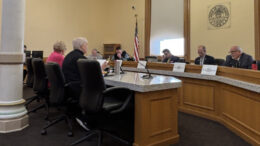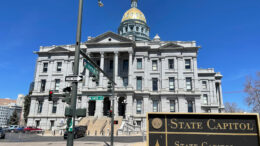Legislature passes bill to shield names of ranchers, others compensated for damage caused by wildlife
A bill that shields the identities of people who seek and get state compensation for property damage caused by wildlife is headed to the desk of Colorado Gov. Jared Polis.










